Israel has long been known for its innovation, earning its moniker of startup nation for its technological advances in medicine, climate change, agriculture and more.
And that innovation has reached the country’s wine market, with sellers and growers alike turning to unique methods of growing, development and even hiring workers.
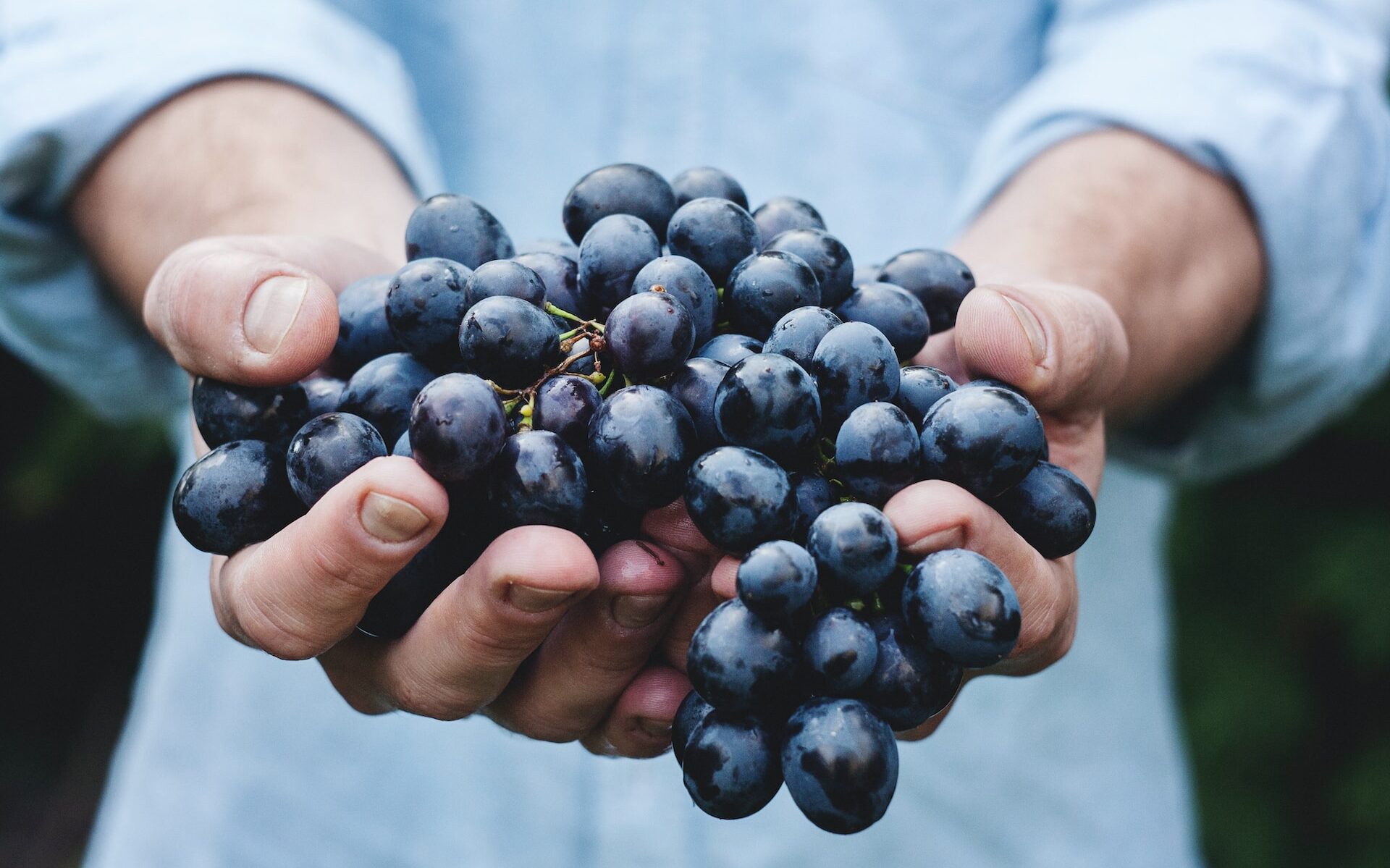
And as Jews all over the world toast to celebrate Rosh Hashanah (the Jewish New Year), NoCamels celebrates some of those Israeli innovators whose creativity and hard work helped to fill the wine glasses we hold aloft.
Modern Solutions To Ancient Traditions
A trailblazer in the field of modern desert viticulture, Prof. Aaron Fait of Ben-Gurion University of the Negev has played a major role in reviving the once-common wine industry in Israel’s hot, sandy south.
Grapevines are not new to the Middle East’s desert environment, Fait tells NoCamels.
In fact, he says, there is evidence of wine production throughout history in Israel, including presses and quite large-scale production of grapes found in the northern Negev. It was only the advent of the Ottoman Empire in the 13th century that wrought the end of desert viticulture.
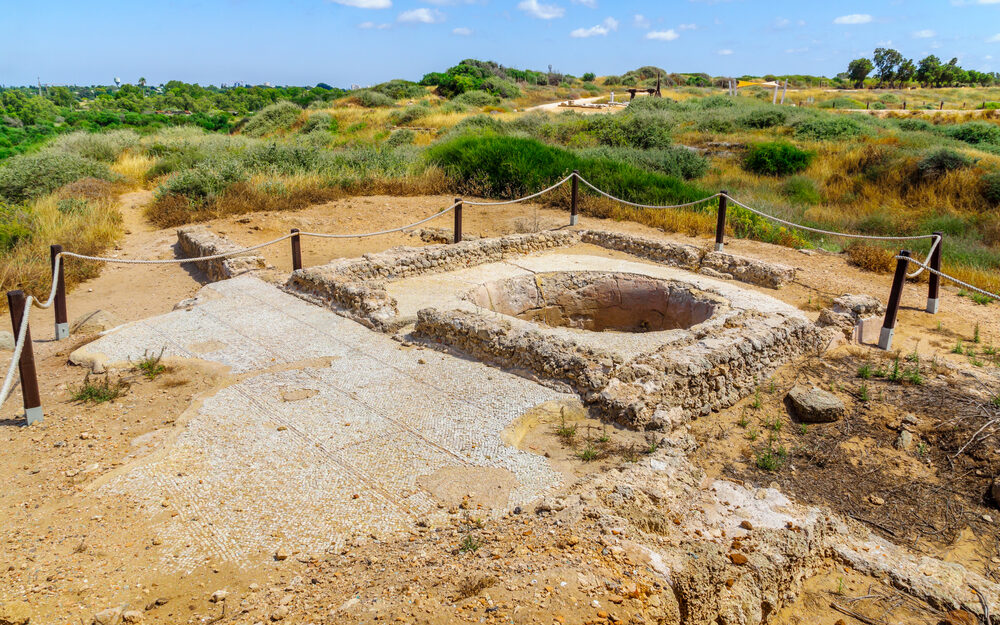
But the Israeli wine boom of the past three decades has encompassed the Negev and revived a lost art, Fait explains. Today Israel has hundreds of different wineries of varying sizes, including several dozen in the Negev alone.
A plant biochemist originally specializing in tomatoes, Fait moved to what he calls the more “fun” field of viticulture when he arrived in the Negev from Europe in the 1990s.
He says he saw small wineries sprouting up in the desert and “felt it was really the moment to get into it.”
Because of the desert climate that is vastly different to the conditions in the north and the center of the country – home to most of Israel’s wineries – different growing methods have to be used, Fait explains.
But, he says, the wine growers were experiencing difficulties as they were trying to use the same growing and irrigation practices as vintners in the center and the north of Israel.
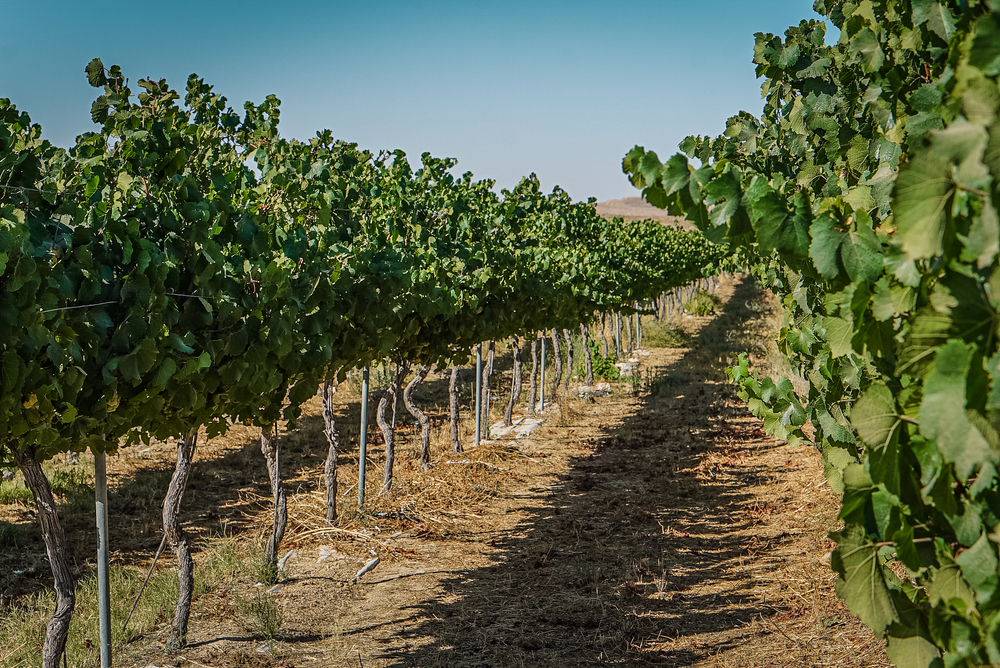
“To customize practices that can deal with the environment means a multi-level approach,” he says.
“I felt that there was a lack of understanding and lack of knowledge on how to really grow grapes. And this is why I started multidisciplinary research.”
The first thing to consider was which grapes could thrive in the arid climate of the Negev, and Fait carried out trials of 30 different varieties.
The study showed that white grape varieties were better suited to the climate, mainly because they mature faster and require less exposure to the harsh elements than red varieties. Similarly, grapes in the desert are not grown in clusters on the traditional vine as this also increases exposure to a burning sun in cloudless skies.
Developing greater green canopy cover for the grapes also helped with the issue of irrigation and water conservation, he says, with water scarcity a fact of life in the desert.
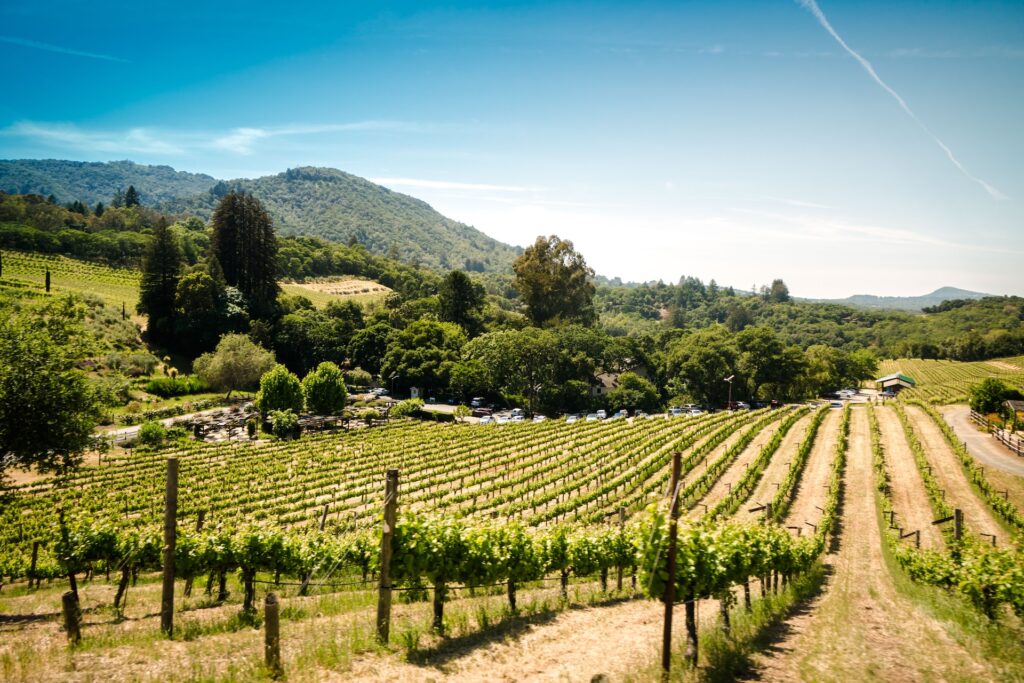
And now with the world’s climate changing, Fait is advising wine growers around the world who are dealing with an industry in flux.
“Wine is not dying, but the wine sector needs to adapt,” he says, just as he has done over the past 30 years.
Community Cultivation
Tulip Winery has innovated in a more unusual way – bringing the community of adults with special needs that houses the vineyard into the wine-making process.
Kfar Tikva (Village of Hope), some 10 miles from Israel’s major northern city of Haifa, is a residential community of around 200 adults with cognitive, developmental and emotional disabilities.
The village encourages residents to be as independent as possible in all aspects of their lives, including where they live and work, how they spend their leisure time and even in the relationships they form.
Sign up for our free weekly newsletter
Subscribe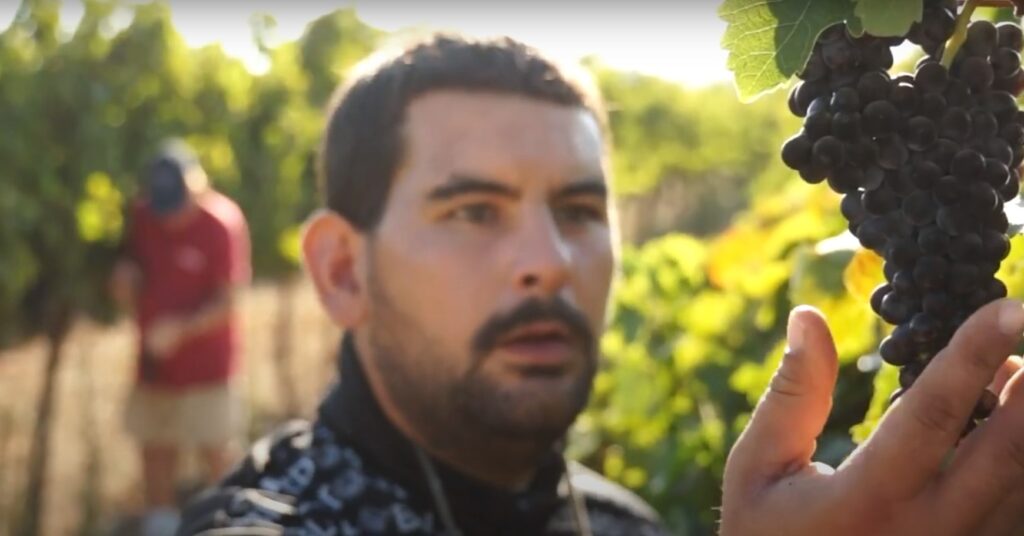
The winery sees itself as a “social business.” To support this ethos, the winery employs members of the community in various areas of the business, including the grape harvest and bottling process.
Kfar Tikva residents also work in the visitors’ center, where guests at the winery discover Tulip’s wine-making processes, sample the products and even learn about the village itself.
“The idea [for the partnership] came from the Itzhaki family who established the winery, as they wanted to do something good for the world and for the community,” Lotan Wiessman Atar, Tulip’s marketing and export manager, tells NoCamels.
Tulip CEO Roy Itzhaki and other members of the family simply knocked on the door of the Kfar Tikva manager and told him about the idea, she says.
“He couldn’t have been happier.”
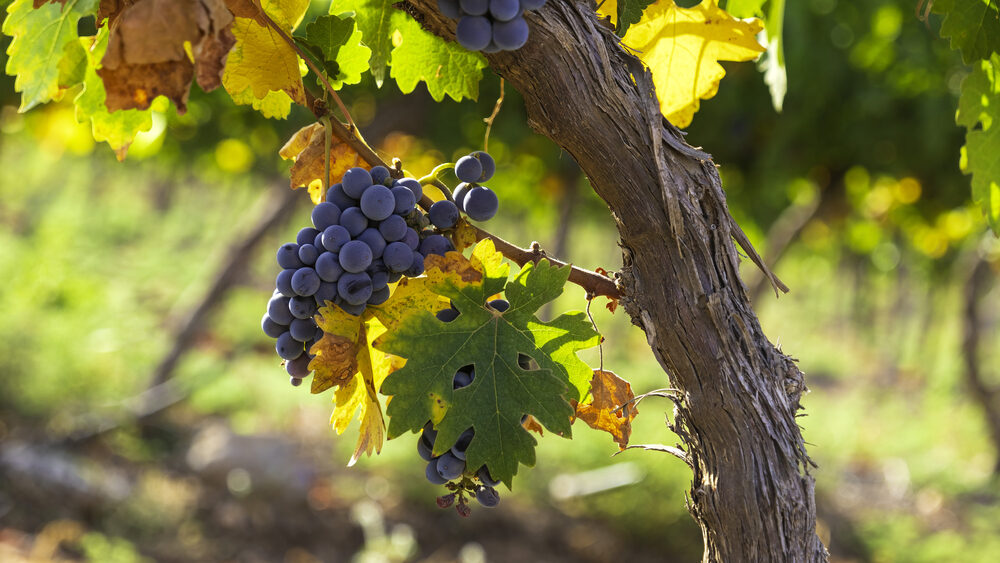
The winery started in 2003 in a single small room in Kfar Tikva, producing just 7,000 bottles. Twenty years later, it employs 40 people from the village and produces 400,000 bottles annually, while still using a boutique winery system.
“[The Kfar Tikva staff] bring us joy,” she says. “They appreciate the little things, have a lot of patience and every employee makes us the family that we are.”
Pairing Your Wine With Your Palate
Designed by wine connoisseurs for wine novices, Tel Aviv-based Winest recommends the perfect plonk for your taste and even delivers it to your door (within a certain distance).
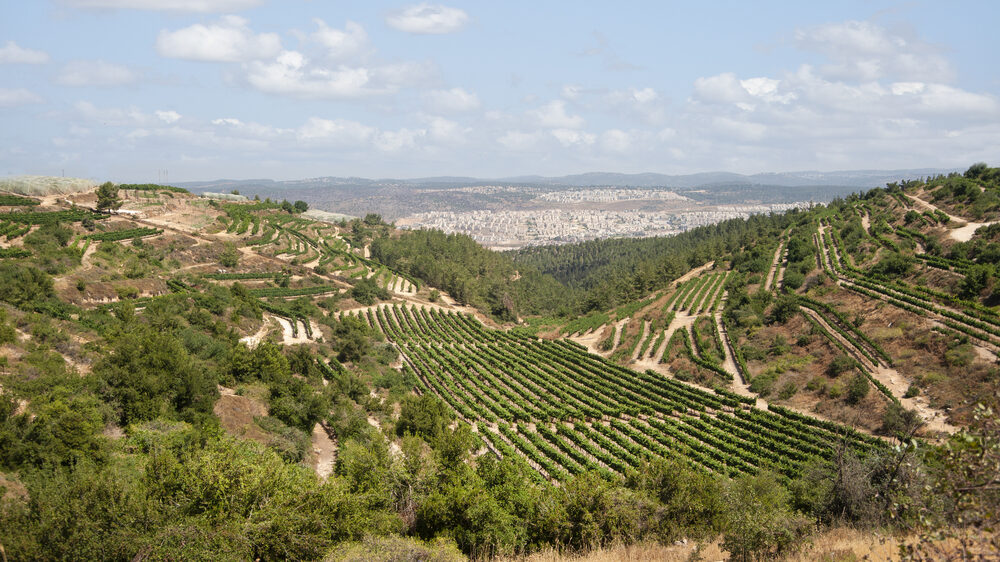
The company’s website invites users to answer a short survey about their tastes and palates, asking questions about preferred coffee, scents and even salad dressing to work out which wine best matches with each individual.
Co-founder and COO Katya Shokhina, a self-admitted wine lover, tells NoCamels that Israel, with its growing wine industry, aspirational attitudes and strong service-based sector, was the natural location for such a company.
“People need more comfort, more convenience, more care,” she says. “They want to be part of a lifestyle where it’s not hard to get your products.”
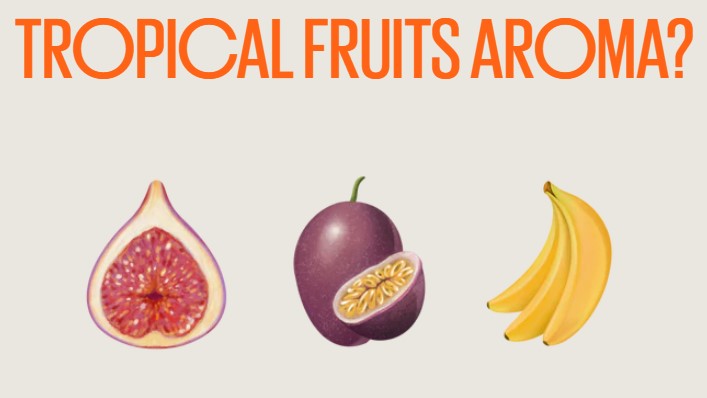
Shokhina says that the company is based on the “crucial” concept of a digital sommelier. But to maintain a truly expert experience, all the suggestions come from a list compiled by renowned Georgian sommelier Tazo Tamazishvili.
His list of wines from around the world spans famous, beloved brands and the products of small, innovative wineries that few have even heard of.
“Learning about wine is a part of the process of drinking,” Shokhina says.
“We want our service to be useful for people who are not wine enthusiasts and who do not know much about wine and also for people who are digging into wine and who want to know more.”
A Truly Rosh Hashanah Wine
A little north of the Sea of Galilee, sits a creator of wine whose main ingredient is a staple of the New Year holiday – the pomegranate.
Taking its name from the Hebrew word for the fruit, Rimon Winery was founded in 2004 by father and son Gaby and Avi Nahmias, who come from three generations of Israeli agriculturalists.
The award-winning winery was the very first in the world to make wine from the fruit. The key to this successful innovation, according to Rimon, is its use of pomegranates specially cultivated by the adjacent Moshav Ben Zimra to have a higher sugar content than normal.
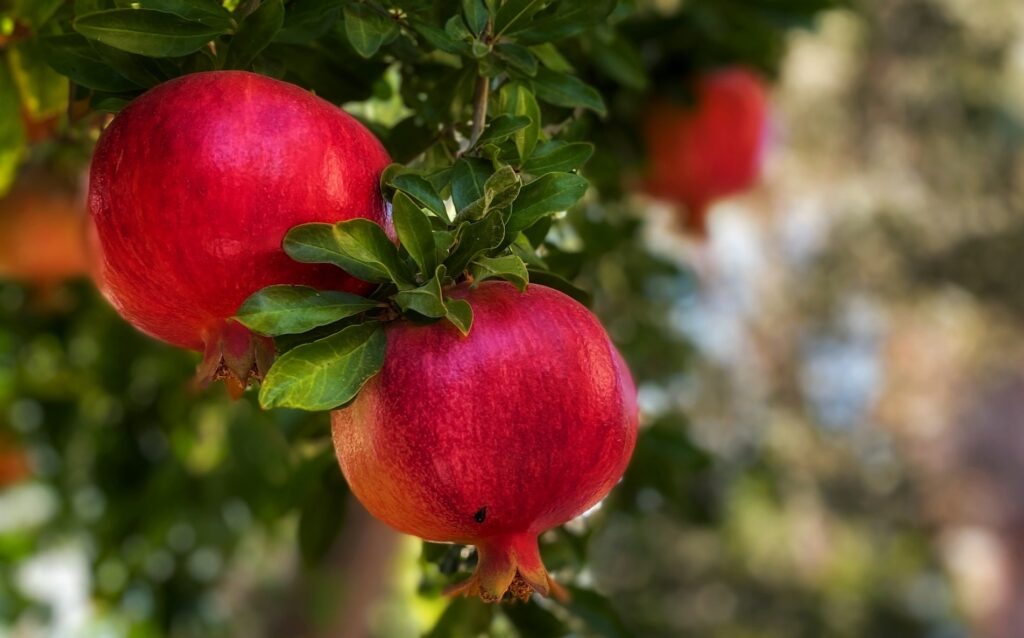
The wine is made by taking out the many grains found inside the pomegranate, extracting their juice and fermenting it over a period of several months before aging it in French oak barrels. The process is slower and cooler than those involving grapes, in order to preserve the health benefits for which pomegranates are famous.
Rimon produces over 700,000 bottles each year – a range that includes port, dessert, dry and even rose – selling to wine lovers in Israel and abroad.
Related posts

Rehabilitation Nation: Israeli Innovation On Road To Healing

Harnessing Our Own Bodies For Side Effect-Free Weight Loss





Facebook comments